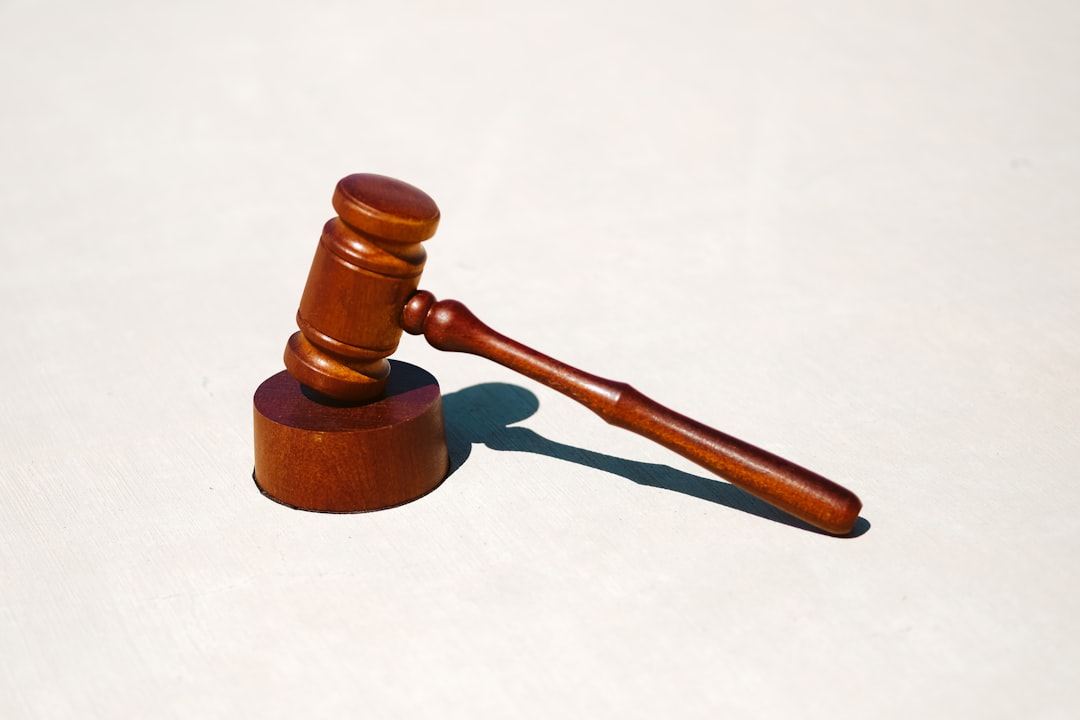School abuse survivors in California have legal rights and support options, including specialized school abuse law firms addressing trauma with therapy advocacy and pro bono services. Strict laws hold perpetrators accountable while resources like 24/7 helplines, counseling, and legal aid organizations aid healing and justice. Firms drive systemic change through litigation, policy advocacy, and public awareness, promoting safer learning environments.
“In California, addressing anxiety and depression among abuse survivors is a pressing issue, especially within the context of school-related trauma. This article explores comprehensive strategies for healing and support, focusing on the multifaceted challenges faced by survivors. We delve into the impact of school abuse, legal rights, and available resources while highlighting the crucial role of therapeutic approaches and advocacy from law firms in California. By understanding these aspects, we aim to empower survivors and foster a culture of healing.”
Understanding the Impact of School Abuse in California

School abuse is a pervasive issue that profoundly impacts survivors in California, with severe long-term consequences. When students experience physical, emotional, or sexual abuse within educational institutions, it can lead to anxiety and depression, affecting their overall mental health and well-being. Many victims struggle to cope with the trauma, often carrying these scars into adulthood. California’s stringent school abuse laws offer a glimmer of hope for survivors seeking justice and healing.
With the help of dedicated school abuse law firms in California, individuals can take legal action against perpetrators and hold educational institutions accountable. These laws aim to protect students and provide resources for those affected by abuse, ensuring they receive the necessary support and closure. By raising awareness and advocating for survivor rights, these legal initiatives play a crucial role in preventing future instances of school abuse and fostering a safer learning environment.
Legal Rights: What Survivors Need to Know

In California, survivors of school abuse have specific legal rights that can help them navigate their journey towards healing and justice. It’s crucial for survivors to understand these rights, especially when dealing with anxiety and depression stemming from traumatic experiences. Legal aid organizations specializing in school abuse cases offer invaluable support by guiding survivors through the complexities of filing complaints, understanding their entitlements, and pursuing potential litigation against responsible parties, such as schools or individuals.
One key aspect is familiarity with California’s statutes of limitations for civil lawsuits related to child abuse. These laws set time frames within which legal actions can be initiated. Knowing these deadlines empowers survivors to act promptly, ensuring they don’t miss opportunities for redress. Additionally, school abuse law firms in California often work pro bono or on a contingency basis, making legal assistance more accessible to those who may not afford traditional representation. This support is vital for survivors, helping them assert their rights and obtain the justice and compensation they deserve.
Supporting Survivors: Resources and Help Lines

Surviving trauma from school abuse requires a network of support, understanding, and access to appropriate resources. Many organizations in California specialize in providing aid to those who have experienced such hardships. These include non-profit groups offering counseling services, legal advocacy, and safe spaces for sharing stories and healing.
For immediate assistance, help lines manned by trained professionals are available 24/7. These hotlines cater to the unique needs of California survivors, many of whom may face challenges navigating complex school systems or legal processes. Legal aid organizations specializing in school abuse cases can connect survivors with qualified attorneys from reputable California school abuse law firms, ensuring they receive fair representation and compensation for their experiences.
Therapeutic Approaches for Healing and Recovery

Survivors of abuse in California often face unique challenges when it comes to overcoming anxiety and depression. Therapeutic approaches tailored to their experiences are crucial for healing and recovery. Cognitive Behavioral Therapy (CBT), for instance, has proven effective in helping individuals identify and change negative thought patterns and behaviors associated with trauma. This approach empowers survivors to manage their symptoms and regain a sense of control over their lives.
Additionally, Eye Movement Desensitization and Reprocessing (EMDR) therapy is another powerful tool. EMDR facilitates the processing of traumatic memories, reducing their intensity and associated distress. Many California school abuse law firms recognize the importance of these therapeutic methods in supporting survivors’ long-term recovery and well-being. By combining CBT and EMDR with other evidence-based practices, therapists can create a comprehensive healing journey tailored to each individual’s unique needs.
Advocacy and Change: The Role of Law Firms

Law firms in California play a pivotal role in advocating for and effecting change regarding school abuse. These legal professionals are instrumental in ensuring that survivors of abuse receive justice and support. By specializing in cases involving educational institutions, law firms can bring about systemic changes to protect vulnerable children and youth. They work tirelessly to hold schools accountable for failing to safeguard their students from physical, emotional, or sexual abuse.
Through strategic litigation, public awareness campaigns, and policy advocacy, school abuse law firms drive significant reforms. They collaborate with community organizations, policymakers, and other stakeholders to develop and implement laws that strengthen oversight and accountability measures. This collective effort not only provides legal redress for survivors but also creates a safer, more supportive environment in California’s educational institutions.






